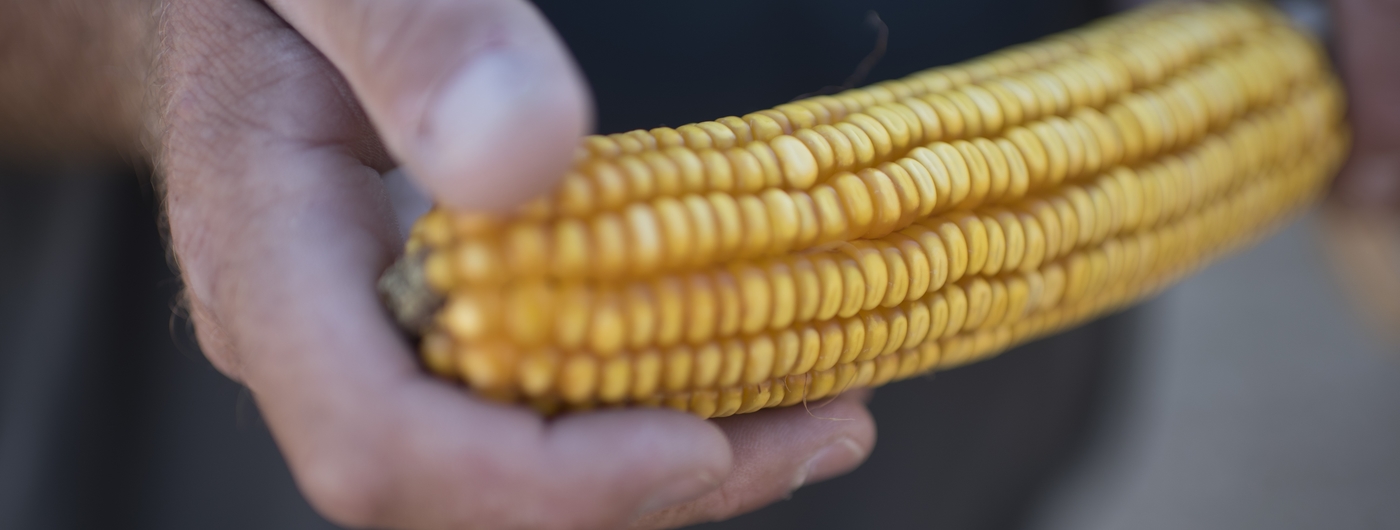Corn hybrid selection
Selecting the right hybrid is critical for profitable corn production. Growers that carefully consider their corn hybrid choices can manage risk and maximize quality, yield and profitability.
Selecting by crop use
How to select corn hybrids for grain production. Includes:
- Selection criteria: Guidelines and factors to consider.
- Breakdown by Minnesota region: Research on growing degree days (GDDs), planting date and date of first fall frost.
- How relative maturity (RM) affects yield and grain moisture.
- How to factor in agronomic traits, such as standability, insect resistance and emergence.
- Results from on-farm trials in various Minnesota regions and throughout the Upper Midwest.
How to select corn hybrids for silage production. Includes:
- Selection criteria: Guidelines and factors to consider.
- Regional comparisons: Results of silage hybrid trials on yield and quality in various Minnesota regions.
- How to evaluate hybrids based on silage quality indicators, such as milk per ton and milk per acre.
- How to factor in agronomic traits, such as insect resistance, standability and tolerance to drought and disease.
Minnesota corn hybrid trials
Corn grain
The Minnesota Corn Evaluation Program is conducted by the University of Minnesota Agricultural Experiment Station to provide unbiased information for corn growers when they choose which brand of corn to buy and grow. Find the most recent report, as well as archived materials.
Corn grain field crop variety trials
Corn silage
The Minnesota Hybrid Corn Silage Evaluation Program evaluates the silage potential of corn hybrids in Minnesota. The goal of the program is to provide unbiased forage yield and forage quality information for educational and marketing programs.
Regional research trials
See regional corn hybrid and other trials for southern and northwestern Minnesota.


